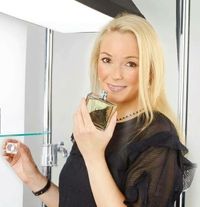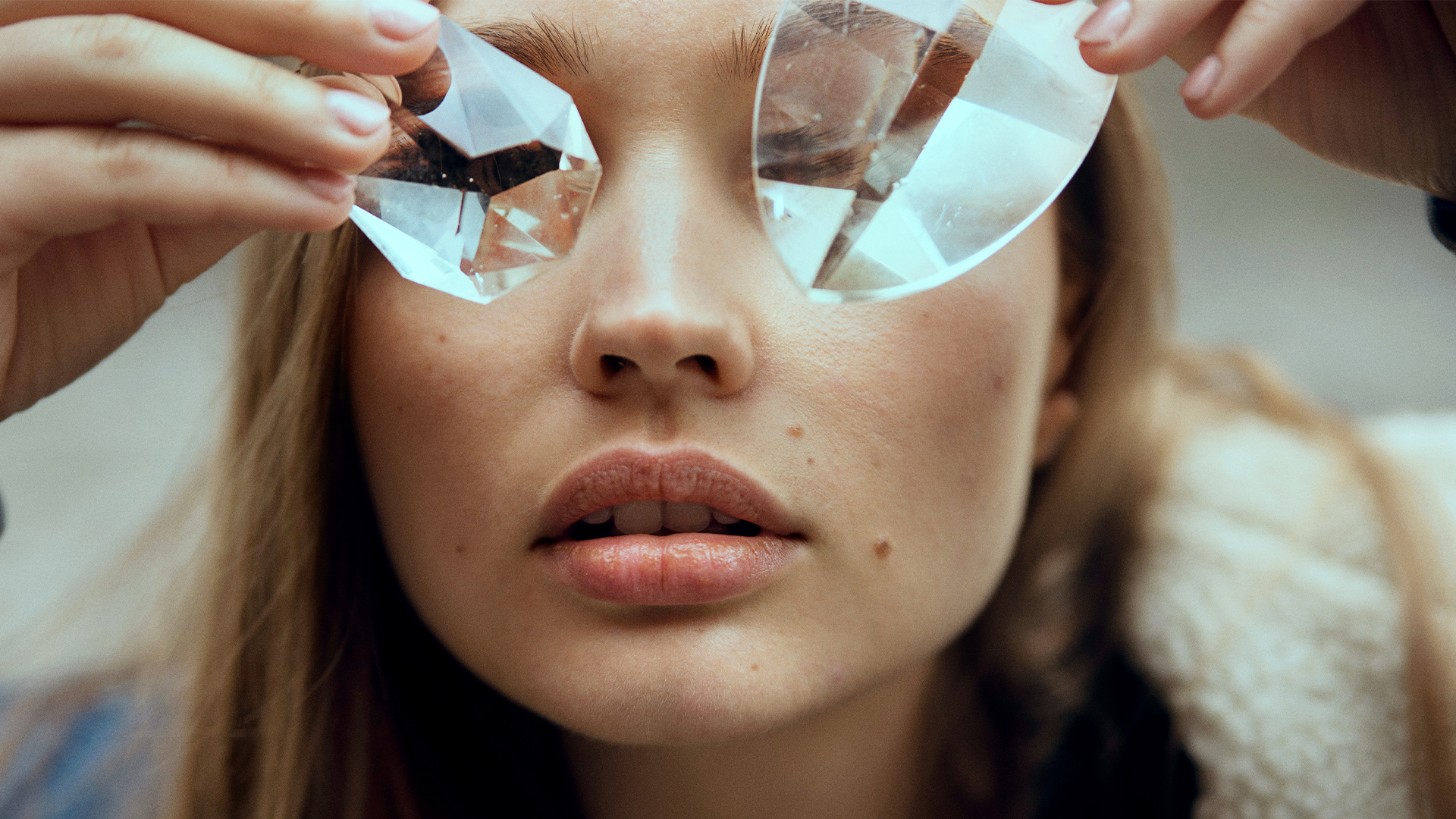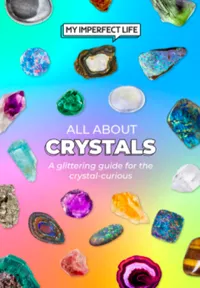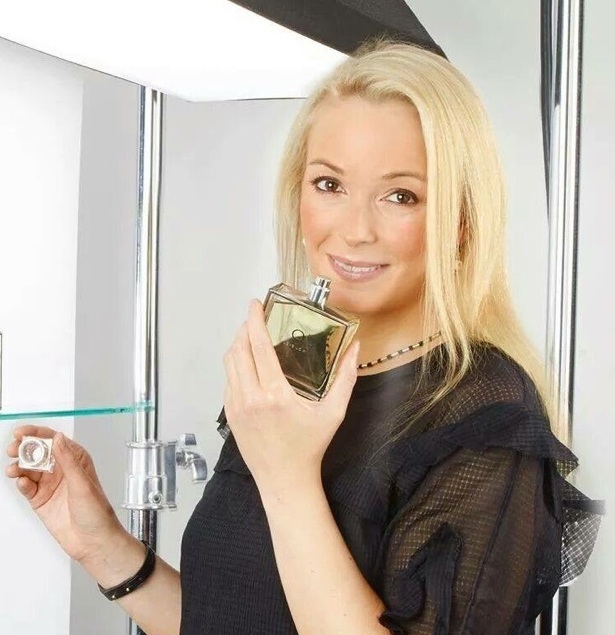Do crystals actually work? We asked the experts
Do crystals work? We investigate if the pretty gems are genius or BS


If you’re plugged into the world of A-listers, you’ll know Adele and Miranda Kerr swear by the healing benefits of gemstones—but do crystals actually work?
Our ancestors certainly believed these natural minerals would promote healing and ward off negative energy. Egyptians turned hematite crystals into mirrors; Greeks rubbed the same stone on their warriors’ bodies before battle and practitioners of Chinese medicine still use rose quartz-tipped needles during acupuncture to maximize healing.
And that’s before we’ve even touched on the fact that no one bats an eyelid these days if you’re all caught up on crystals for beginners, have a hunk of rose quartz on your desk or know exactly which are the best crystals to help sleep.
But apart from looking pretty and telling the world how woke you are, do these semi-precious stones actually do anything?
- Crystals for anxiety: these gems will make you feel instantly more relaxed
Get our free All About Crystals ebook
We spoke to the best experts in the field to create the ultimate guide to crystals. All you have to do is sign up for our free newsletter, and receive your free ebook straight away.
Do crystals work? And if so, how?
It’s a grey area. Naysayers point to the lack of scientific data. Devotees, however, recite Albert Einstein’s quote—“everything in life is vibration”—and the laws of physics when asked, “Do crystals work?”
Every natural substance vibrates at a specific frequency as a result of atoms and molecules moving. The earth vibrates at 7.83Hz and crystals vibrate too, at a higher frequency of 32,768Hz.
Crystal healer Emma Knowles, who Victoria Beckham has on speed dial, says: “We live in a world of constant shift, vibration, and energy. Every person, every object is vibrating at different frequencies. Each crystal, which has been formed over millions of years, emits its own vibrations. This can be energizing or calming to heal and realign our energy.”
Consequently, it’s thought that a crystal’s high vibrations could raise our low ‘vibe’ when we feel emotionally down or sluggish. Emma says: “Think of crystals as harnessing their own special properties, which can resonate with your vibe to change or heighten your mood.”
What does the science say about crystals?
While the effect of these vibrations on our minds and bodies can’t exactly be proven by science, some crystals have been shown to conduct energy.
In 1880, French physicist Pierre Curie discovered that putting pressure on crystals such as quartz, topaz, and tourmaline, created electricity. Known as the Piezoelectric effect, it's the reason crystals are used in computers, TV screens, iPhones, and satellites today.
Crystals offer benefits in skincare too. On the most basic level, powdered rose quartz can gently exfoliate the skin while jade rollers are cool to the touch, helping to eradicate puffiness and redness. But crystals can also be cleverer than that. For example, magnetized tourmaline is used by premium skincare brand La Mer in its cleansers to energize skin and latch on to make-up and grime.
- Cleansing crystals: a guide on how to maximize their healing vibes
There is the placebo effect to consider, too. One study cited by Time Magazine found that those who meditated holding “fake” crystals reported the same sensations—tingling and vibrating—as those who meditated with real crystals. In other words, crystal healing could all be down to mind over matter. And gemstones could simply be a vehicle to make us feel the way we want to feel.
But is that so bad? Surely in our high-stress world feeling better is the outcome we all desire...
Fiona Embleton is a multi-award-winning beauty editor who has tested over 10,000 products in her 10 years + of writing and shooting beauty stories. For the past four years, she was the Senior Beauty Editor at Marie Claire, having previously worked in the role of Beauty Editor at both Stylist and Cosmopolitan. She has recently gone freelance and alongside My Imperfect Life, she has written for titles including ELLE UK, ELLE Canada, Buro 247, Harper's Bazaar Arabia, Vogue Scandinavia, and ES Magazine. Beauty journalism allowed her to marry up her first-class degree in English Literature and Language (she’s a stickler for grammar and a self-confessed ingredients geek) with a passion for make-up and skincare, photography, and catwalk trends. She loves jumping on the latest internet-breaking beauty news, dissecting the best red carpet looks, and having the crème de la crème of dermatologists, make-up artists, and hairstylists on speed dial so she can tap them for the best advice. She’s a discerning beauty shopper and knows it can be confusing trying to navigate what’s hype and what really works. So if she really likes something, you can trust that she has reached that opinion by vetting it against everything else she’s ever tried. Her career highs? Interviewing Cate Blanchett and winning a Jasmine Award for the deeply personal feature Cancer Stole My Mother’s Scent.

![La Mer The Cleansing Lotion, $89 [£75], Selfridges La Mer The Cleansing Lotion, $89 [£75], Selfridges](https://cdn.mos.cms.futurecdn.net/vby9Y44ZGuvEcYjCCfnJYb-200-80.jpg.webp)
